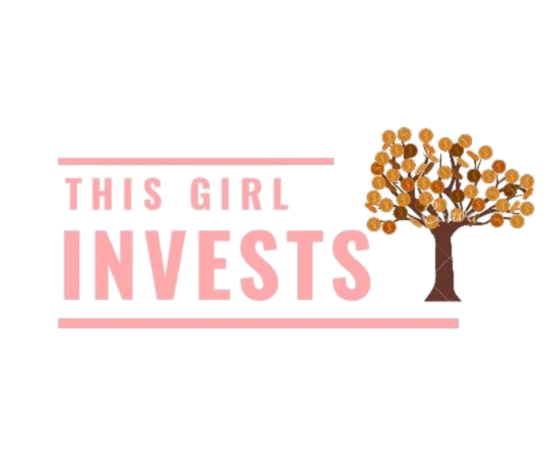Let’s talk…taxes.
You may have seen that more and more people are talking about tax as we neared the end of the tax year. The tax year in the UK usually runs from 6th April to 5th April the following year. Therefore, the 2021/2022 tax year starts today! - It runs from 6th April 2021 to 5th April 2022.
(Why you ask me? Here’s a longer explanation - a classic example of if it’s not broken, don’t fix it! oops!)
Given the new tax year and what a minefield the tax world can be, I’ve summarised below the key taxes you need to be aware of as you start your journey to feeling #financiallyconfident.
Income tax - this is tax paid on your Non-Savings (e.g. Salary or Trading income), Interest and Dividend Income
National Insurance - this is tax paid to the government, which counts for your state pension. You need to have paid a certain amount in order to qualify for the full state pension.
Capital gains tax - this tax is paid when you SELL an asset that has appreciated in value (‘gain’)
Stamp duty land tax (SDLT) - this is tax paid when you BUY a property
Corporation tax - this tax is paid on company’s profits (not income!)
The key thing to factor in though is that you do not pay tax on ALL income but only income above a THRESHOLD known as the ‘allowance’. Key allowances you should be aware of:
Personal allowance - you can earn £12,570* in overall income and pay no tax
Trading income allowance - you can earn £1000* in trading income each tax year and pay no tax
Savings allowance - you can earn £1000* in bank interest each tax year and pay no tax
Dividend allowance - you can earn £2000* in dividends each tax year and pay no tax
Stamp duty first time buyer allowance - if you’re a first time buyer you pay no SDLT if your property is under £500k*
ISA allowance - you can put upto £20,000 in ISAs and pay NO income tax and NO capital gains tax!!
(*to make things complicated, these figures don’t always stay the same year on year - the Chancellor of the Exchequer, in this years case Rishi Sunak, reserves the right to update these allowances as part of this Budget statement. You can find all the latest tax information by clicking here)
The key thing to factor in is that some allowances don't roll-forward into the next year if you don't use it this year (a bit like your annual leave - if not used, it's gone). It doesn't 'accrue'. In the same way, your ISA allowance of £20,000 per tax year** expired by 5th April 2021 and you’re now set with a whole £20,000 that you can save/invest via an ISA for tax year 2021/22🥂
(**Reminder: the benefit of an ISA account is that you won't have to pay any income tax on interest or dividends you earn nor capital gains tax when you sell the underlying investments - so basically, it's money you can invest completely tax free!)
So if you had no clue what the hype around tax year end and ISAs was about - now you do!! :D Hope you found this blog post/cheatsheet helpful! :)
If you haven't used any of your ISA Allowances and have some money to spare, definitely worth putting some of the money into your ISA accounts (whether it's a stocks&shares, lifetime or cash isa doesn't matter!) Just get started - take it one step at a time :D
**If you’d like to learn more, check out the Tax 101 Sunday Session here.
